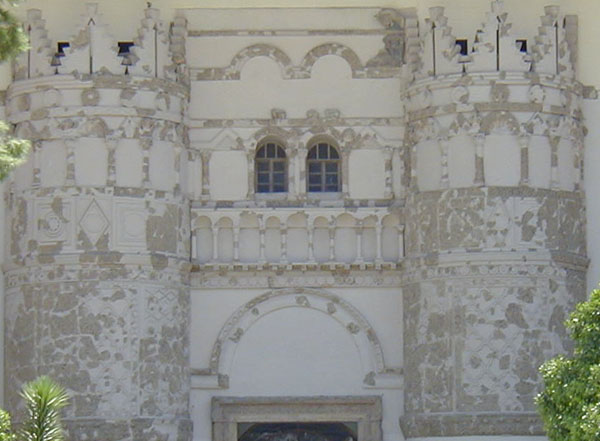1) Approaches to Muslim Societies
One of the main objectives in this course is to develop a set of questions and methods for the study of the Muslim world through its archaeological record. This cannot be accomplished in a vacuum that does not recognize the presumed centrality of texts in the production of historical knowledge about those societies in which Islam has been a dominant social, political and spiritual force. Students will be asked to become interdisciplinary scholars who must learn to navigate the linkages between different ways of knowing and weigh the value of different kinds of data. Equally important, this course requires that students develop the conceptual tools and vocabulary for how to talk about Islam and Muslims. Our particular challenge will be to avoid their homogenization into a faceless block or conversely their fragmentation into an unrecognizable heterogeneity. The result of either of these extremes is that neither the notions of Islam nor Muslim hold any meaning in describing a particular faith tradition or group of people who identify with each other.
2) Knowledge Acquisition
At its most fundamental level this course asks students to develop and master a diverse body of knowledge about the archaeology and history of the Muslim world. Additionally students will be exposed to many of the basics in the development of the Islamic tradition in terms of its historical trajectory, arguments over its doctrine and practice, as well as the key concepts in its interdisciplinary study. That said, this course, however, is not intended as a replacement for either an Introduction to Islam class or a survey course in the history of the pre-modern Muslim world. While much of the same ground may be covered here it is done in relation to the archaeological record, its interpretation and its ability to shed light on the many themes mentioned above.
3) Skill Sets
This course will help to develop students’ abilities to synthesize large amounts of diverse information about a major world civilization. Throughout the course you should learn to recognize how different forms of evidence contradict and support arguments about the formation of political structures, cultural practices, social relations, and religious traditions. A crucial aspect of this course will be a focus developing articulate, well reasoned academic prose. In our discussions and analyses of the readings we will examine the various ways in which archaeological, anthropological and historical data are used as forms of evidence. The various writing assignments will ask students to employ these techniques of argumentation in their own prose. This will force us to probe the methodological question: How do we go from pot sherds, architectural fragments, and partial building plans to discussions of political authority, religion, and social relations? It is in answering this question that we embark on the real work of developing an historical archaeology of the Muslim world. It is a project that will be marked by the particularly archaeological construction of a “middle range theory” consisting of the bridging arguments or warrants that link data to interpretive inference and hence to social analysis.

